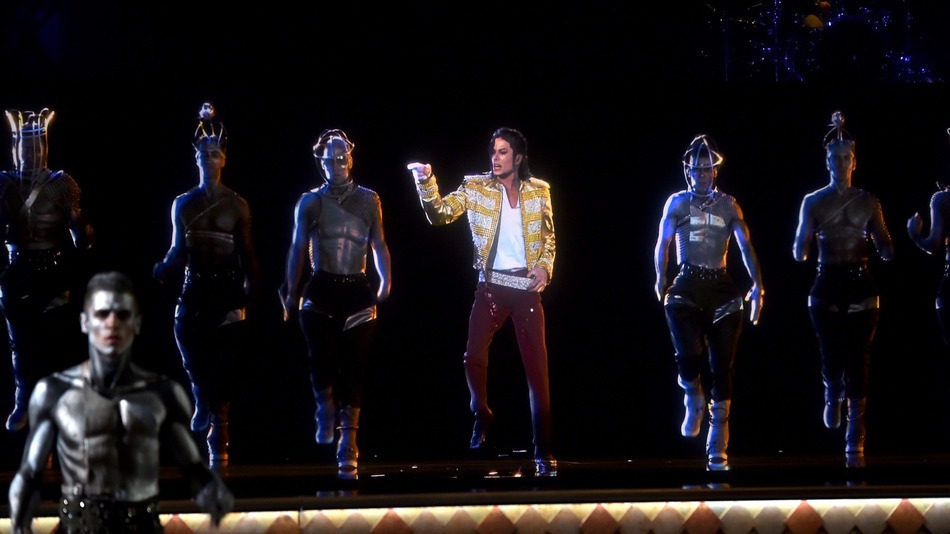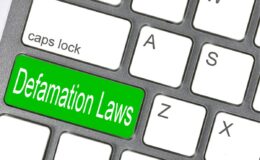Injunction for Cyberstalking in Florida Reversed
- By : Cbh
- Category : 1st Amendment, Social Media

During the May 2014 Billboard Music Award show, a hologram of Michael Jackson wowed the crowd as he/it performed the song, “Slave to the Rhythm.” You can see the performance here.
Lawsuits regarding the hologram arose between two companies involving patent and business tort disputes. According to the allegations, Alkiviades David, the principle of one company, began sending emails to John Textor, the principle of the other company. Alkiviades also allegedly posted comments, re-tweets, and images about Textor on Twitter and Instagram. Textor obtained a cyberstalking injunction.
On January 6, 2016, the Florida Fourth District Court of Appeal reversed the trial court, finding that the alleged incidents did not amount to Florida’s definition of cyberstalking and that the trial court’s injunction violated the First Amendment. The opinion in Alkiviades A. David v. John Textor is here.
The take-away legal aspects of the case:
- Cyberstalking is defined in FS 784.048. Elements for an injunction are found in FS 784.0485 which is read in conjunction with FS 784.046(1)(b).
- In this context, the element of “substantial emotional distress” is narrowly construed whereas “legitimate purpose” is broadly construed
- Relative to the requirement that comments must be “directed at a particular person,” comments posted online to be read by others does not fit this requirement
- Injunction for cyberstalking cannot be entered to prevent defamatory speech
- When assessing the elements, the “reasonable person” standard is “a person in the position of the party, in this case a business man… Thus, the standard is case-specific.”
- The Court distinguished posts to the person versus posts about the person.
Of note, the same court issued another internet-speech case the same day, Copia Blake and Peter Birzon v. Ann-Marie Giustibelli. It is interesting that the Blake parties had settled but the Court felt compelled to issue the Blake opinion on internet speech because the panel felt that the “application of free speech protections to reviews of professional services posted on the internet… presents a scenario that will likely recur and the public will benefit from an opinion on the matter.”
Also of note, Eugene Volokh wrote this opinion piece about the case for the Washington Post and covered cyberstalking in this ULCA law journal article.
NB: Alan Burger and Mary April of McDonald Hopkins represented the appellee.
Photo credit: Mashable


